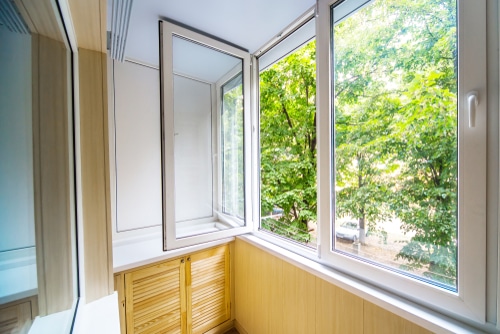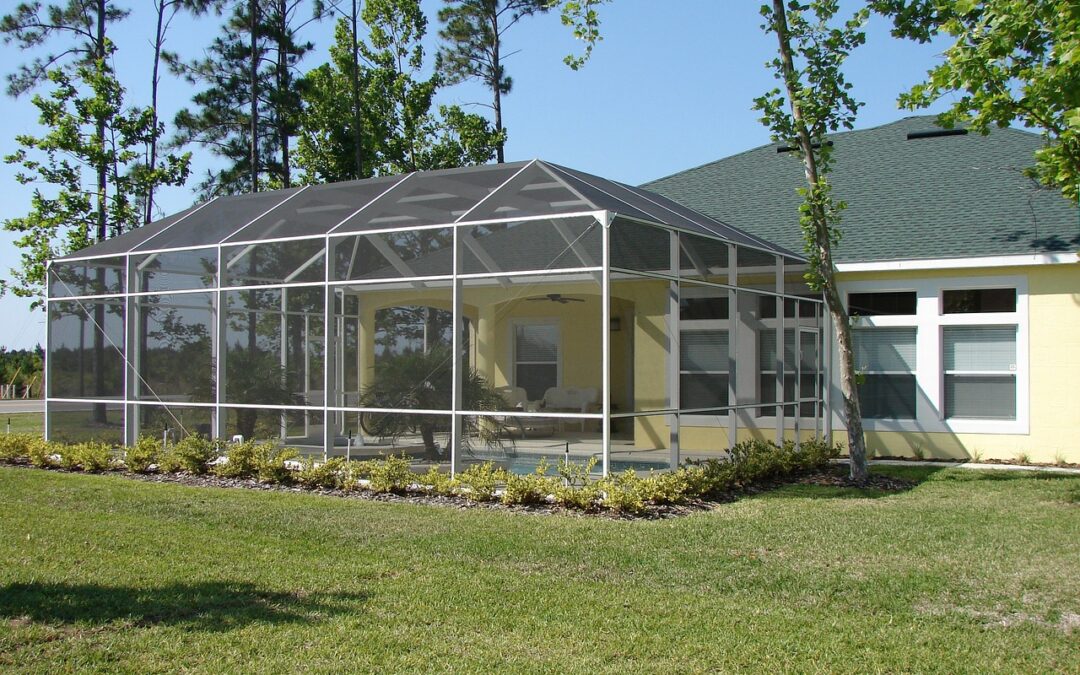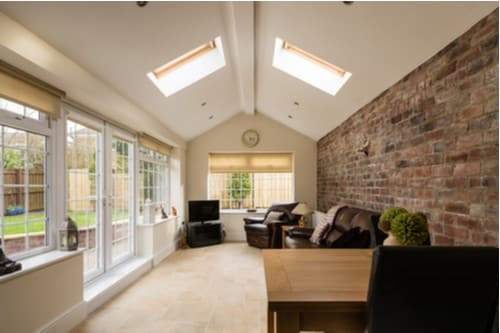How Long Should I Expect My Replacement Windows to Last?

One question often arises in home improvement: “How long should I expect my replacement windows to last?” This question is crucial as it helps homeowners plan for future expenses and understand the value they’re getting from their investments.
Replacement windows are not just about aesthetics; they play a significant role in home insulation and energy efficiency. Therefore, knowing their lifespan can help you decide when to replace them and what type to choose. The lifespan of your windows can depend on several factors, including the window type, the installation quality, and how well they are maintained.
This article will delve into the average lifespan of different types of windows, signs that it’s time to replace your windows, and tips on maximizing their lifespan. We’ll also answer some frequently asked questions about window longevity. So, let’s get started!
The Average Lifespan of Windows Replacement
Regarding the average lifespan of replacement windows, it’s important to note that most windows are designed to last between 15 to 25 years. However, this can vary significantly based on several factors.
Understanding these factors can help you make the most out of your windows and possibly extend their lifespan. Here are some key factors that affect the lifespan of windows:
Type of Window: Different types of windows have different lifespans. For instance, vinyl windows can last 20 to 40 years, while wood windows can last up to 30 years if properly maintained.
Quality of Installation: The lifespan of your windows can be significantly affected by the quality of the installation. Poorly installed windows may not last as long as they should, regardless of their type or quality.
Maintenance: Regular maintenance can significantly extend the lifespan of your windows. This includes cleaning, repainting, resealing, and promptly repairing any damages.
Climate and Weather: Windows in areas with harsh weather conditions or significant temperature fluctuations may not last as long as in milder climates.
By understanding these factors, you can make informed decisions about your windows and extend their lifespan.
Signs It’s time to replace your windows
Recognizing the signs that it’s time to replace your windows is crucial in maintaining your home’s comfort, energy efficiency, and aesthetic appeal. Here are some key indicators that your windows may need replacement:
Age of the Windows: If your windows are close to or beyond the average lifespan of 15-25 years, it might be time to consider a replacement. Older windows may not provide the same insulation and energy efficiency level as newer models.
Weakening or Failing Seals: The seals on your windows can weaken or fail over time. This can lead to problems such as condensation between panes, obstructing your view, and reducing the window’s insulating properties.
Drafts and Water Seepage: If you feel drafts are coming from your windows or notice water seepage, these are clear signs that your windows may need to be replaced. These issues can lead to higher energy costs and potential water damage to your home.
By watching for these signs, you can ensure that your windows are replaced promptly, maintaining the comfort and efficiency of your home.
Proper Installation and Its Impact on Window Lifespan
The importance of quality installation regarding the lifespan of your replacement windows cannot be overstated. Proper installation ensures that your windows fit perfectly, operate correctly, and provide the best possible insulation.
On the other hand, poor installation can significantly reduce window lifespan. Improperly installed windows may not seal correctly, leading to drafts, water leaks, and potential damage. They may also operate poorly, leading to premature wear and tear. You can check out this article on How Long Do Windows Last for more insights.
Maintenance Tips for Different Types of Windows
Maintaining your windows properly can significantly extend their lifespan. Here are some tips for maintaining different types of windows:
- Vinyl Windows: Clean regularly with a mild detergent and soft cloth. Avoid abrasive cleaners which can scratch the surface.
- Wood Windows: Regularly check for signs of rot or damage. Repaint or reseal as needed to protect the wood from moisture and pests.
- Aluminum Windows: Clean regularly and check for signs of corrosion. Repaint if necessary to prevent further corrosion.
- Fiberglass Windows: Clean with mild soap and water. Fiberglass windows are relatively low maintenance, but regular cleaning can keep them looking their best.
When to Consider Window Replacement
Understanding when to replace windows is crucial to maintaining your home’s comfort and efficiency. The impact of window age and condition on this decision is significant. It may be time to consider a replacement if your windows are near or beyond their expected lifespan or show signs of significant wear and tear.
Conclusion
In conclusion, the lifespan of your replacement windows can vary significantly based on the window type, the installation quality, and how well they are maintained. By understanding these factors and recognizing that it’s time to replace your windows, you can ensure that your home remains comfortable, energy-efficient, and attractive for many years.
If you have any questions about our window replacement services, you can reach us here and request a free consultation or call us at 843-572-9727.
For further queries, write to us at info@muhler.com






